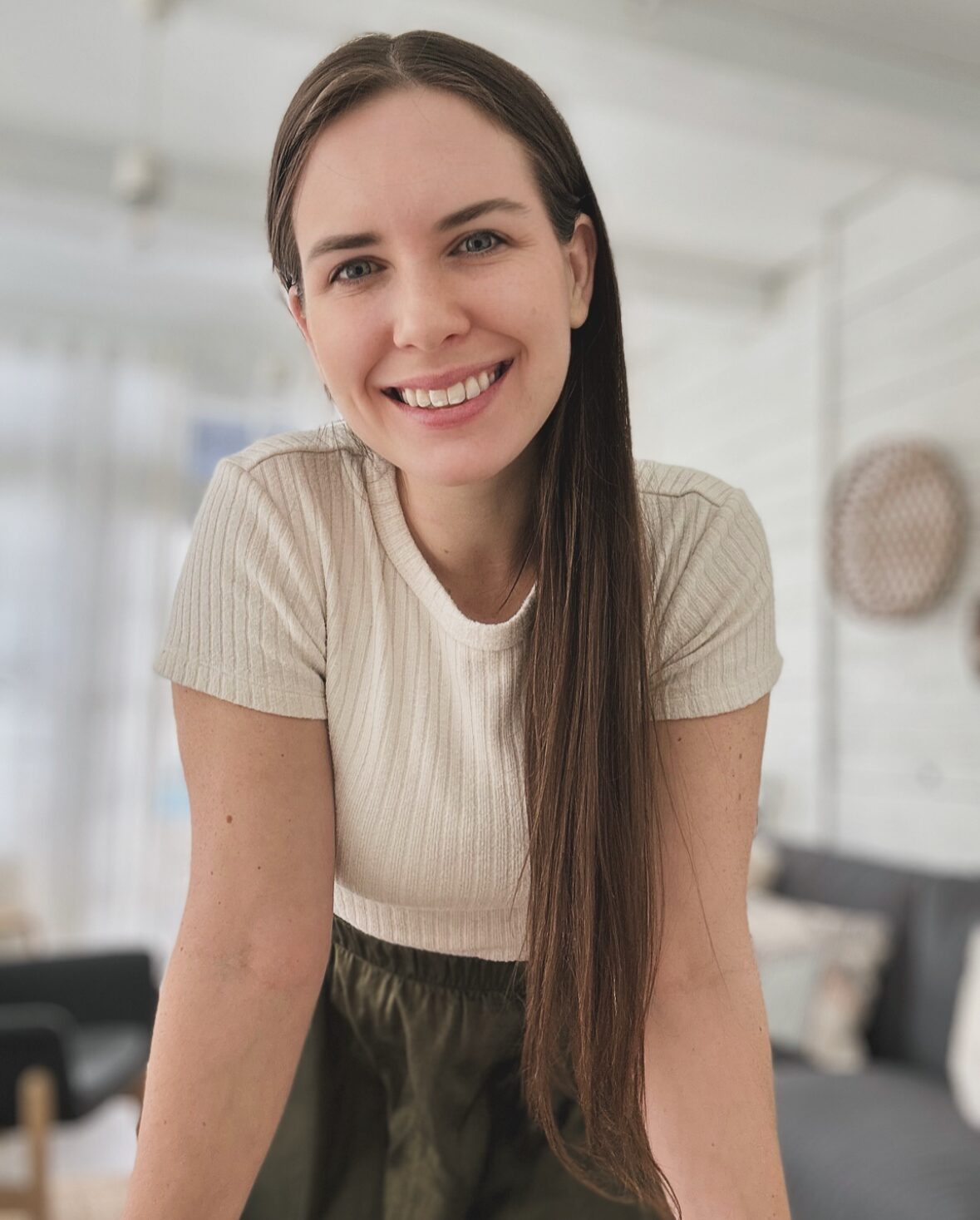About
At Ello, our approach to depression therapy is rooted in a compassionate and comprehensive understanding of various depression-related concerns. Our multifaceted strategy ensures that you receive tailored support that addresses your unique experiences with depression.
Ello recognizes the diverse spectrum of depressive disorders, which include:
Low Mood: Often characterized by feelings of sadness or emptiness, low mood can be a precursor to more severe forms of depression if not addressed.
Major Depression: This is a clinical diagnosis marked by persistent feelings of sadness, loss of interest in activities, and other symptoms that interfere with daily functioning. Major Depression requires careful assessment and often a combination of therapeutic interventions.
Seasonal Affective Disorder (SAD): A type of depression that occurs at certain times of the year, typically during fall and winter when sunlight exposure decreases.
Premenstrual Dysphoric Disorder (PDD): A severe form of premenstrual syndrome (PMS) that significantly impairs daily functioning due to emotional and physical symptoms.
Postpartum Depression (PPD): Affecting new mothers after childbirth, PPD can manifest as extreme sadness, anxiety, and exhaustion. It requires specialized care to address both the psychological and physiological aspects.
Bipolar Disorder: Characterized by alternating periods of depression and mania or hypomania.
At Ello, we believe in the importance of personalized treatment plans based on the latest evidence-based practices.
This individualized approach involves:
Comprehensive Assessment: Initial evaluations are conducted to understand each client’s specific symptoms, history, and personal circumstances.
Collaborative Goal Setting: Clients work alongside therapists to establish realistic goals for their treatment journey.
Integration of Therapeutic Modalities: Various therapeutic techniques may be employed based on individual needs, including cognitive-behavioral therapy (CBT), narrative therapy, internal family systems (IFS), and mindfulness-based approaches.
Regular Monitoring: Continuous assessment allows for adjustments in treatment plans as clients progress or as new challenges arise.
Common Goals for Depression Therapy
Symptom Management: Helping clients identify triggers and develop coping strategies to manage their symptoms effectively.
Quality of Life Improvement: Fostering skills that enhance overall well-being—this includes improving social connections, work-life balance, and self-care practices.
Achieving Well-Being: Supporting clients in reaching a state where they feel fulfilled in their personal lives while maintaining mental health stability.
At Ello, our approach to depression therapy is characterized by its compassionate care model that addresses a wide range of depressive disorders through personalized treatment plans grounded in evidence-based practices. We focus on managing your symptoms effectively while enhancing your quality of life. You deserve to feel better.
Click below to set up your initial appointment.
Frequently Asked Questions
What are common symptoms of depression?
Common symptoms of depression include persistent sadness or low mood, loss of interest or pleasure in activities, changes in appetite or weight, sleep disturbances, fatigue or low energy, feelings of worthlessness or guilt, difficulty concentrating, and thoughts of death or suicide.
When should you get professional help for depression?
You should consider therapy for depression when you are experiencing symptoms that interfere with your daily life or cause you stress. You should also seek treatment if you’re thinking of harming yourself or committing suicide. If you are in Canada and need immediate support, call the Suicide Crisis Helpline at:
9-8-8
Do you treat individuals or couples?
We treat both individuals and couples looking to receive therapy for depression.
What happens in the first session?
During your first session, your therapist will guide you through the therapy process, ask questions to understand your problem better and get to know you from a holistic perspective. Many individuals and couples find hope and relief in their first session after taking the critical first step toward improvement. This initial session frequently leads to new realizations and insights.
How often will I need to attend therapy?
You and your therapist will work together to figure out a schedule that fits your needs and lifestyle, whether it’s weekly, bi-weekly, or monthly. Research has shown that individuals and couples who attend counselling regularly often find the most positive results. It’s all about creating a supportive routine that helps you thrive!
What are the rates?
It is common to feel concerned about counselling costs, but viewing it as a valuable investment in your well-being is essential. Taking this step for yourself can lead to meaningful change, and the cost of not seeking help can be much greater. Remember, many extended health care plans offer coverage for these services. Your health and happiness truly deserve this investment.
$160 per hour for both individuals and couples.

